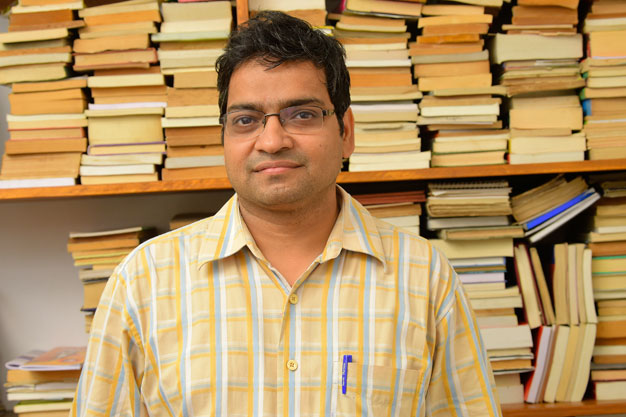Modules and Topics
- Many faces of development: Multiple perspectives of development: economic, happiness, capability; Ends and means of development; Paradigm shifts in development: Limitations of monetary measures; Growth to Degrowth
- Measurement matters: Single and composite measures; Normalization of measure; Two illustrations on case of Millennium development goals
- Human development and capability - I: Human development paradigm; Sen’s capability of approach; Rawls theory of distributive justice; Evolution of Human Development Index (HDI).
- Human development and capability - II: Properties of HDI; Alternative measures of HDI; Critiques of HDI; Human Sustainable Development Index.
- Poverty measurements - I: Notions of poverty; Poverty line; Measures of poverty–HCR, PGR, SPGR, FGT measures, etc. Multi-dimensional poverty
- Poverty measurements - II: Properties of poverty measure; Substitutes and complements in poverty measure; IGR vs. PGR; Politics of poverty measure.
- Gender and development: Assessing gender biases; Counting ‘missing women’, Female to male ratio; Measure of Gender Development – GDI, GEM, GII; Correcting for missing women.
- Inequality in development: Economic inequality—concepts and measures; Inequality adjusted development indicators; Group differential; Inequality development interconnections; Analyzing inverted U hypothesis
- Measuring human capital: Health and education; Measuring morbidity-mortality gap; Literacy measures—proximate and secluded literacy; Measuring happiness – GNH.
Who Should Attend
This workshop is meant for an interdisciplinary audience and does not require any prior training in the field of management or development. This workshop will appeal both academic researchers and practitioners in the field. This workshop has elements for academicians interested in development and management research; and executives at supervisory, middle, and senior levels from all walks of life: Corporates. Cooperatives, NGOs, and Government organizations.
Resource Person

Dr Hippu Salk Kristle Nathan, Area Chair, Social Sciences, Institute of Rural Management, Anand.
Dr. Hippu Salk Kristle Nathan is an engineer-turned development researcher with an M Tech from the Indian Institute of Technology, Delhi, and Ph.D. from the Indira Gandhi Institute of Development Research, Mumbai. He has won the Elsevier-National Academy of Sciences, India (NASI-Scopus) Young Scientist Award 2017 in Social Sciences. He was the Subir Chowdhury Post-doctoral Fellow at the London School of Economics for 2016–2017. Currently, as Associate Professor at IRMA, he teaches and researches on topics in the areas of development, energy, sustainability, and disarmament. Prior to IRMA he was working with NIAS, Bangalore. He had industry experience with Infosys Limited, Bangalore and Geometric Global, Mumbai.
Dr. Nathan’s broad areas of interest lies in energy, economic measurement, sustainable use of resources, and human development. His most significant research contributions are 'Conceptualized and developed frameworks for both, structuring and selection of sustainable development indicators'; in a co-authored works he proposed an alternative approach to measure human development index and conceived a novel method to assess energy poverty.



